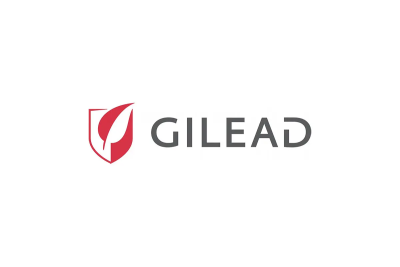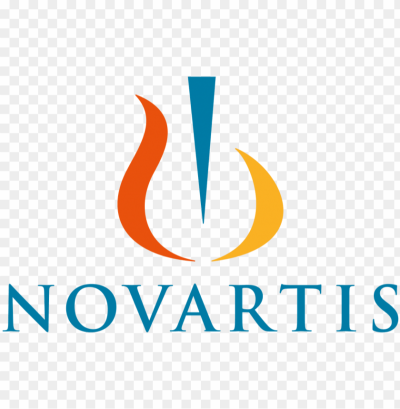Agenda Day 2
7:45 am - 8:20 am
Breakfast & Networking
8:25 am - 8:30 am
Chair’s Opening Remarks
Nicki Vo -
President,
NIVO Innovations
8:30 am - 9:15 am
PANEL DISCUSSION: Unlocking the Next Phase of Lab Automation: From Efficiency Gains to AI-Enabled Discovery
Kalpesh Gupta -
Director of Research Automation,
Moderna
Geoff Parker - Co-Founder, Scimcon
Automation is no longer just about efficiency – it’s about enabling new ways of working, accelerating discovery, and demonstrating value to both scientists and the business. This panel will bring together leaders who are piloting, scaling, and embedding automation into their labs to explore what’s working, what’s next, and how to overcome the cultural and technical barriers that remain.
Discussion points:
• Streamlining repetitive lab tasks through robotic and instrument automation to reduce errors and free up scientist time
• Integrating automation platforms with lab data systems (LIMS/ELN) for seamless workflow orchestration
• Overcoming implementation challenges: scaling automation across multiple sites and aligning with regulatory requirements
• Measuring ROI: how labs quantify the efficiency, throughput, and quality gains from automation
• Preparing automation for future AI augmentation: building workflows and data pipelines that can feed predictive models
9:15 am - 9:45 am
CASE STUDY: From Data-Rich Experimentation to Self-Driving Labs: Advancing Process Chemistry at Pfizer
Nick Desrosiers -
Senior Director,
Pfizer
10:25 am - 10:55 am
1:1 Business Meetings
12:05 pm - 12:35 pm
CASE STUDY: From Human to Robots - Lab based Data Generation & Capture
Scott Busby -
Executive Director,
Novartis
Non-standardised data generation and capture workflows often hinder efforts to apply machine learning in small molecule optimization. In this case study, Scott Busby shares how Novartis is systematically addressing these challenges to enable more consistent, machine-readable lab data.
Attendees will gain insights into:
• How Novartis is improving data standardisation to unlock AI and machine learning potential in drug discovery.
• Key organisational and technical hurdles in transforming lab-based data generation.
• Lessons learned from piloting an autonomous mobile robot (AMR) for research lab operations.
• Practical steps to advance towards automation and smarter data capture in scientific environments.
12:40 pm - 1:10 pm
1:1 Business Meetings & Networking
1:10 pm - 2:00 pm
Networking Lunch
2:35 pm - 3:05 pm
PRESENTATION: Unifying Your Lab Data: How a Single Platform Accelerates Discovery and Delivers Value
Modern R&D teams are generating more data than ever, but disconnected tools, spreadsheets, and siloed systems slow progress and obscure insight. This session explores how a unified platform brings experiment data, analysis, and collaboration into one cohesive environment—reducing friction, increasing scientific velocity, and unlocking organization-wide value.















